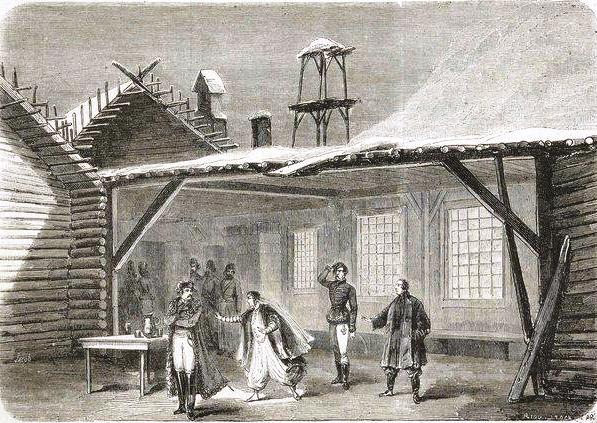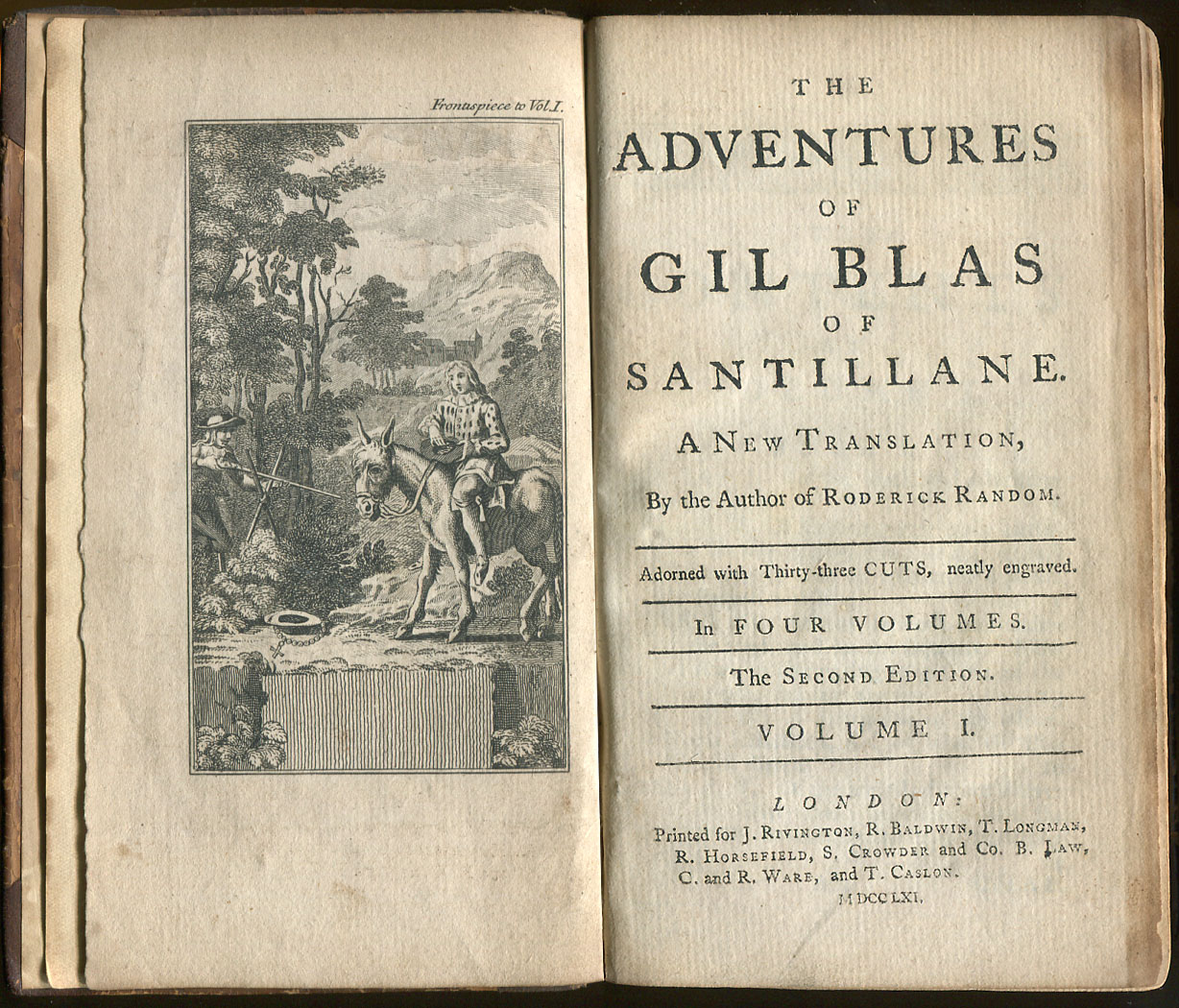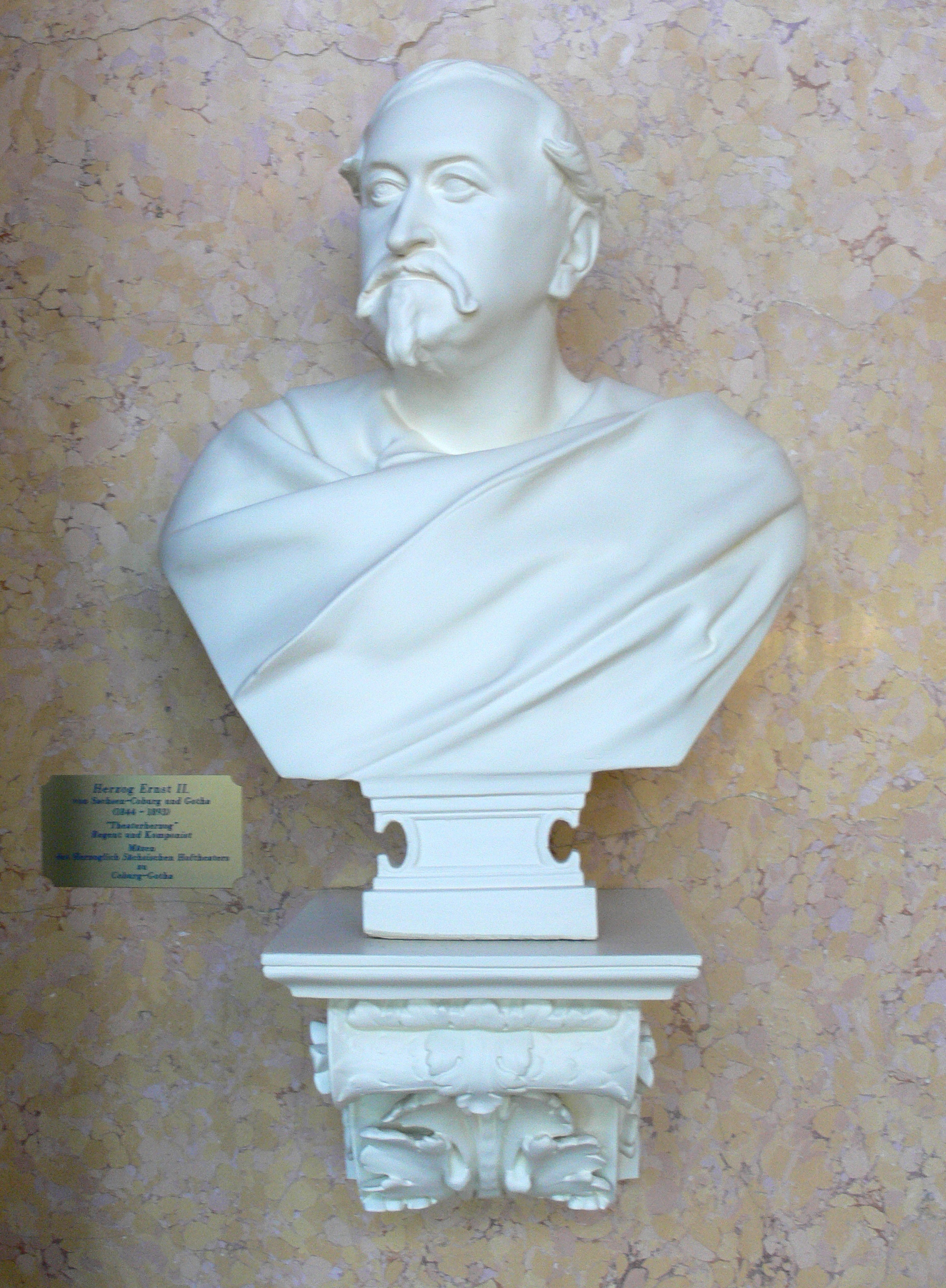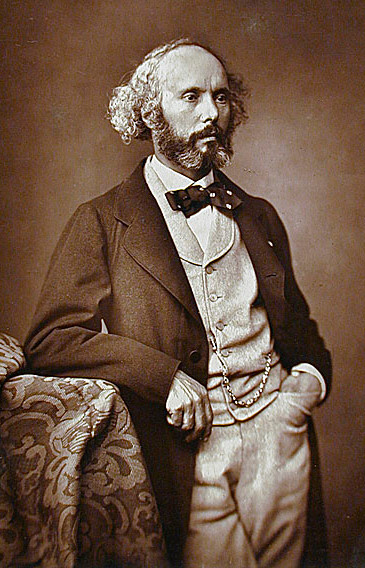|
Eugène Ketterer
Eugène Ketterer (7 July 1831 – 18 December 1870) was a prolific French composer and pianist who was known for his numerous salon arrangements of contemporary opera arias. Career Born in Rouen, France, of an originally Alsatian family, Ketterer became a student at the Paris Conservatoire in his early youth, where he studied with Antoine François Marmontel. He won second prize for solfège in 1847 and a ''premier accessit'' in 1852. After his graduation until his death in Paris in 1870, he appeared constantly as a pianist winning wide repute for his fantasies and drawing-room pieces, of which he wrote a large number, but only a few of which are still in the repertoire. The list of Ketterer's works gives an excellent overview on the world of opera in France at the time, as many of these works are transcriptions of popular opera arias, many still famous today. Many of Ketterer's transcriptions were subsequently arranged for piano 4-hands by other arrangers like Joseph Rummel ... [...More Info...] [...Related Items...] OR: [Wikipedia] [Google] [Baidu] |
Eugène Ketterer 1864
Eugene is a common male given name that comes from the Greek εὐγενής (''eugenēs''), "noble", literally "well-born", from εὖ (''eu''), "well" and γένος (''genos''), "race, stock, kin". Henry George Liddell, Robert Scott, ''A Greek-English Lexicon'', on Perseus Gene is a common shortened form. The feminine variant is or Eugenie. , a common given name in parts of central and northern Europe, is also a variant of Eugene / Eugine. Other male foreign-language varia ... [...More Info...] [...Related Items...] OR: [Wikipedia] [Google] [Baidu] |
Flotow
Friedrich Adolf Ferdinand, Freiherr von Flotow /flo:to/ (27 April 1812 – 24 January 1883) was a German composer. He is chiefly remembered for his opera '' Martha'', which was popular in the 19th century and the early part of the 20th. Life Born in Teutendorf, in Mecklenburg, into an aristocratic family, Flotow was French-trained. Although he was intended for a diplomatic career, his father acceded to his wishes and he studied at the Conservatoire de Paris under Anton Reicha. During this time came under the influence of Auber, Rossini, Meyerbeer, Donizetti, Halévy, and later Gounod and Offenbach. These influences are reflected in his operas, where a distinctive French ''opéra comique'' flavour exists. During the 1830 revolution he returned home, writing chamber music and operetta until it was safe to return to Paris. He completed his first opera in 1835, ''Pierre et Cathérine'', but his breakthrough came with ''Le naufrage de la Méduse'' (1839), based on the wr ... [...More Info...] [...Related Items...] OR: [Wikipedia] [Google] [Baidu] |
Luigi Arditi
Luigi Arditi (16 July 1822 – 1 May 1903) was an Italian violinist, composer and conductor. Life Arditi was born in Crescentino, Piemonte (Italy). He began his musical career as a violinist, and studied music at the Milan Conservatory under Bernardo Ferrara (violin) and Nicola Vaccai (composition). He made his debut in 1843 as a director at Vercelli, and it was there that he was made an honorary member of the Philharmonic Academy. Arditi conducted opera throughout Italy and in 1846 found himself conducting as far afield as Havana, Cuba. (This was where he first met Giovanni Bottesini.) He visited America, where he remained for a while, conducting operas in New York, Philadelphia and other cities with the Max Maretzek Italian Opera Company until 1856. Then, following a visit to Constantinople, he decided to settle in London, but made several trips again to America with the Royal Italian Opera Company. He also conducted in Germany, and in other major European cities such as St. ... [...More Info...] [...Related Items...] OR: [Wikipedia] [Google] [Baidu] |
La Circassienne
''La circassienne'' (The Circassian Woman) is an opera (''opéra comique'') in three acts composed by Daniel Auber to a French-language libretto by Eugène Scribe based on Louvet de Couvrai's 1787 novel ''Une année de la vie du chevalier de Faublas''. It was premiered on 2 February 1861 by the Opéra-Comique at the second Salle Favart in Paris. Set in Russia during the Russian-Circassian War, the opera was also known under the titles ''Morte d'amour'' (Died of Love), ''La révolte au Sérail'' (The Revolt in the Seraglio), ''Alexis'', and ''Faublas''. Background and performance history ''La circassienne'' was one of Auber's last operas, composed when he was nearly 80 years old. His librettist, Eugène Scribe, had been Auber's regular collaborator since 1823 and had written the libretto for his greatest success, ''Fra Diavolo''. The opera was premiered by the Opéra-Comique in Paris on 2 February 1861 in a production directed by Ernest Mocker. In his review of the premiere for ... [...More Info...] [...Related Items...] OR: [Wikipedia] [Google] [Baidu] |
Gil Blas
''Gil Blas'' (french: L'Histoire de Gil Blas de Santillane ) is a picaresque novel by Alain-René Lesage published between 1715 and 1735. It was highly popular, and was translated several times into English, most notably as The Adventures of Gil Blas of Santillane, by Tobias Smollett in 1748. Plot summary Gil Blas is born in misery to a stablehand and a chambermaid of Santillana in Cantabria, and is educated by his uncle. He leaves Oviedo at the age of seventeen to attend the University of Salamanca. His bright future is suddenly interrupted when he is forced to help robbers along the route and is faced with jail. He becomes a valet and, over the course of several years, is able to observe many different classes of society, both lay and clerical. Because of his occupation, he meets many disreputable people and is able to adjust to many situations, thanks to his adaptability and quick wit. He finally finds himself at the royal court as a favorite of the king and secretary t ... [...More Info...] [...Related Items...] OR: [Wikipedia] [Google] [Baidu] |
Ambroise Thomas
Charles Louis Ambroise Thomas (; 5 August 1811 – 12 February 1896) was a French composer and teacher, best known for his operas ''Mignon'' (1866) and ''Hamlet'' (1868). Born into a musical family, Thomas was a student at the Conservatoire de Paris, winning France's top music prize, the Prix de Rome. He pursued a career as a composer of operas, completing his first opera, ''La double échelle'', in 1837. He wrote twenty further operas over the next decades, mostly comic, but he also treated more serious subjects, finding considerable success with audiences in France and abroad. Thomas was appointed as a professor at the Conservatoire in 1856, and in 1871 he succeeded Daniel Auber as director. Between then and his death at his home in Paris twenty-five years later, he modernised the Conservatoire's organisation while imposing a rigidly conservative curriculum, hostile to modern music, and attempting to prevent composers such as César Franck and Gabriel Fauré from influencing ... [...More Info...] [...Related Items...] OR: [Wikipedia] [Google] [Baidu] |
Philémon Et Baucis
('' Philemon and Baucis'') is an opera in three acts by Charles Gounod with a libretto by Jules Barbier and Michel Carré. The opera is based on the tale of Baucis and Philemon In Ovid's moralizing fables collected as ''Metamorphoses'' is his telling of the story of Baucis and Philemon, which stands on the periphery of Greek mythology and Roman mythology. Baucis and Philemon were an old married couple in the region ... as told by La Fontaine (derived in turn from Ovid's ''Metamorphoses'' Book VIII). The piece was intended to capitalize on the vogue for mythological comedy started by Offenbach's '' Orpheus in the Underworld'', but ''Philémon et Baucis'' is less satirically biting and more sentimental. Originally intended as a two-act piece for the music festival at Baden-Baden, it was instead first performed at the Théâtre Lyrique, Paris, on 18 February 1860 because of the political situation in 1859. The new version added a middle act with chorus depicting Jupi ... [...More Info...] [...Related Items...] OR: [Wikipedia] [Google] [Baidu] |
Don Juan
Don Juan (), also known as Don Giovanni ( Italian), is a legendary, fictional Spanish libertine who devotes his life to seducing women. Famous versions of the story include a 17th-century play, ''El burlador de Sevilla y convidado de piedra'' (''The Trickster of Seville and the Stone Guest'') by Tirso de Molina, a 1787 opera, ''Don Giovanni'', with music by Mozart and a libretto by Lorenzo da Ponte, and a satirical, epic poem, '' Don Juan'', by Lord Byron. By linguistic extension, from the name of the character, "Don Juan" has become a generic expression for a womanizer, and stemming from this, Don Juanism is a non-clinical psychiatric descriptor. Pronunciation In Spanish, is pronounced . The usual English pronunciation is , with two syllables and a silent " J", but today, as more English-speakers have notions of Spanish, the pronunciation is becoming more common. However, in Lord Byron's verse version the name rhymes with ''ruin'' and ''true one'', suggesting the n ... [...More Info...] [...Related Items...] OR: [Wikipedia] [Google] [Baidu] |
Ernest II, Duke Of Saxe-Coburg And Gotha
Ernest II (german: Ernst August Karl Johann Leopold Alexander Eduard, link=no; 21 June 181822 August 1893) was Duke of Saxe-Coburg and Gotha from 29 January 1844 to his death in 1893. He was born in Coburg to Ernest I, Duke of Saxe-Coburg-Saalfeld, and Princess Louise of Saxe-Gotha-Altenburg (1800–1831), Princess Louise of Saxe-Gotha-Altenburg. His father became Duke of Saxe-Coburg and Gotha (as Ernest I) in 1826 through an exchange of territories. In 1842, Ernest married Princess Alexandrine of Baden in what was to be a childless marriage. Two years later, he became Duke of Saxe-Coburg and Gotha when his father died. Ernest supported the German Confederation in the Schleswig-Holstein Question, Schleswig-Holstein Wars against Denmark, sending thousands of troops and becoming the commander of a German corps; he was instrumental in the 1849 victory at the battle of Eckernförde against Danish forces. After King Otto of Greece was deposed in 1862, the British government put Ernest's ... [...More Info...] [...Related Items...] OR: [Wikipedia] [Google] [Baidu] |
Diana Von Solange
''Diana von Solange'' is an opera by the German prince Ernst II of Saxe-Coburg-Gotha, an amateur composer. It was premiered in 1858. In 1859, Franz Liszt wrote an orchestral ''Festmarsch nach Motiven von E. H. z. S-C-G'', S.116, based on themes from ''Diana von Solange'' (E. H. z. S-C-G was short for Ernst Herzog zu Sachsen-Coburg-Gotha). It received a brief appearance at the Metropolitan Opera in New York City in 1891. The opera was one of three novelties introduced for the 1890–91 season by the Metropolitan's general manager, Edmund C. Stanton; the others were ''Asrael'' by Alberto Franchetti, which opened the season on November 26, and Antonio Smareglia's '' Il vassallo di Szigeth''. Both were poorly received. ''Diana von Solange'', the last of the three, was first shown on January 9, 1891; the performance marked its American premiere. Pauline Schöller-Haag sang the title role to the Armand of Andreas Dippel. Marie Jahn, Conrad Behrens, Juan Luria, Edmund Müller, and ... [...More Info...] [...Related Items...] OR: [Wikipedia] [Google] [Baidu] |
Herculanum (opera)
''Herculanum'' is a grand opera with music by Félicien David and a French text by Joseph Méry and Térence Hadot. It had its first performance in Paris at the Théâtre Impérial de l'Opéra on 4 March 1859. Lavish and detailed sets, celebrated stars of the opera and ballet, elaborate choruses and dancing, and spectacular stage effects combined with the music and text to make the work a success. Roles Synopsis Scene: Herculaneum, 79 AD Act 1 ''The palace and gardens of Olympia at the right; to the left, sphinxes mark the Egyptian quarters of the city, where cargo arrives from the port of Alexandria. In the background, temples, villas, and palaces'' Olympia is receiving tribute from visiting monarchs and dignitaries in her palace. Hélios and Lilia, two Christians, are dragged in by a mob demanding they be put to death. The proconsul Nicanor, Olympia's brother, thinks this is a good idea, but Olympia, much struck by Hélios' good looks, declines to do so and sends everyone e ... [...More Info...] [...Related Items...] OR: [Wikipedia] [Google] [Baidu] |







